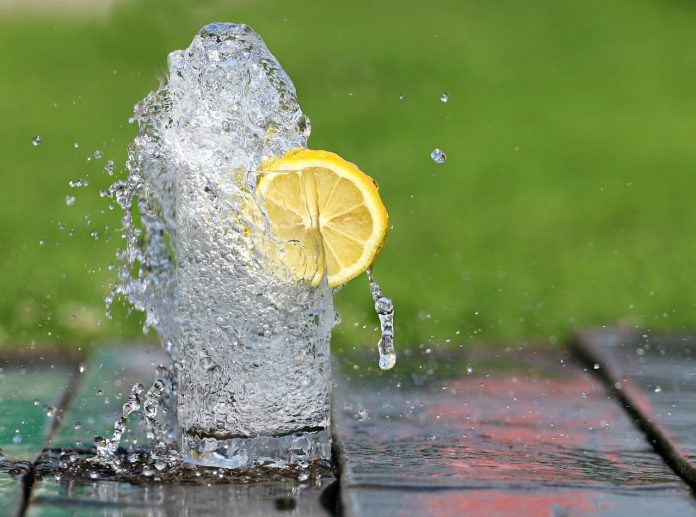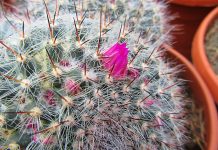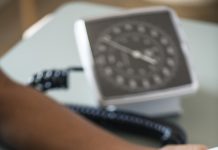
I’ve already eliminated added salt. I don’t buy salt-free or low-salt, as they’re generally more expensive.
I don’t do much fast food, basically just cook for myself. I’m 82, single and live alone. Happily!
I have no idea what foods might be eliminated from my consideration to help keep my bladder and kidneys healthy.
I’m very allergic to iodine and contrast dye, so shellfish doesn’t work well for me, either. I have no food allergies of which I’m aware, but will not eat asparagus. I can tolerate pretty much anything else. Thank you.
You don’t say if you have any bladder or kidney symptoms that you are trying to address so I will answer on keeping these organs healthy as you asked.
Water in food and from the tap helps remove wastes from the body via the kidneys and bladder. Since everyone’s kidney’s filtering ability is different, I would suggest you look at the color of your urine during waking hours. It should be light yellow with no odor unless you ate asparagus which can cause an odor to urine within 15 minutes after eating. As you age, your kidneys may be losing some filtering ability which can be assessed by your physician to determine if your kidneys are eliminating proteins rather than keeping them in your blood.
The bladder is a storage vessel which collects urine as your kidneys are constantly filtering blood for waste products to eliminate in urine. These waste products need water to carry them out of the body. So water you consume helps flush waste products out of your body. The biggest threat to the bladder is infections caused usually by bacteria entering from the urethra which is a tube that connects the outside of your body (in front of your vagina) back up to your bladder. The best ways to reduce the risk of bladder infections is to wipe your bottom from front to back after using the toilet and wash your hands with soapy for 20 seconds afterward (sing birthday song twice or the alphabet song once while washing hands). Also, make sure you urinate when you feel the urge rather than holding urine longer. Drinking cranberry juice (about 1 quart a day) has been shown by some research to limit bladder infections by increasing the acidity of your urine. However, drinking this amount of cranberry juice a day may be too high in carbohydrates. Read food labels as there are low sugar cranberry juice drinks available in stores.
As to salt, you don’t say why you are eliminating salt added after cooking tho it is a good practice to reduce your risk of high blood pressure. It would be unnecessary for a person without high blood pressure to buy salt-free foods as your body needs to replace salt lost especially by sweat in warm environments. Salt-substitutes often contain potassium chloride instead of sodium chloride found in salt. The taste difference may not appeal to everyone. You would also be wise to avoid salty foods like ham, bacon, luncheon meats, sauerkraut, pickles, olives, canned vegetables, and other salty foods.
Congrats on cooking for yourself at home. By cooking from scratch, you can limit the amount of salt, sugar and fat as well as choosing healthy oils like olive, peanut, and Canola oils. I would suggest you focus on foods to eat like vegetables, fruits, whole grains, meat, poultry, freshwater fish, dairy and healthy oils (listed above) as there really aren’t foods to avoid other than your iodine allergy based on health information you provided.
As to iodine allergy, I checked the USDA (U.S. Department of Agriculture) food database and My Food Record which analyzes food you eat, but unfortunately, the USDA does not list foods containing iodine from highest to lowest. So I would highly recommend you read food label ingredient lists which are regulated by the FDA (Food & Drug Association) to identify foods containing iodine. Raw or fresh foods are not labeled by the USDA which regulates fruits, vegetables, dairy, meat, and seafood. Since seawater contains iodine, you could assume that any food from the sea will contain some iodine in addition to shellfish you already avoid. Generally, when a person has an allergy to a food, it is to every food that contains that allergen.



